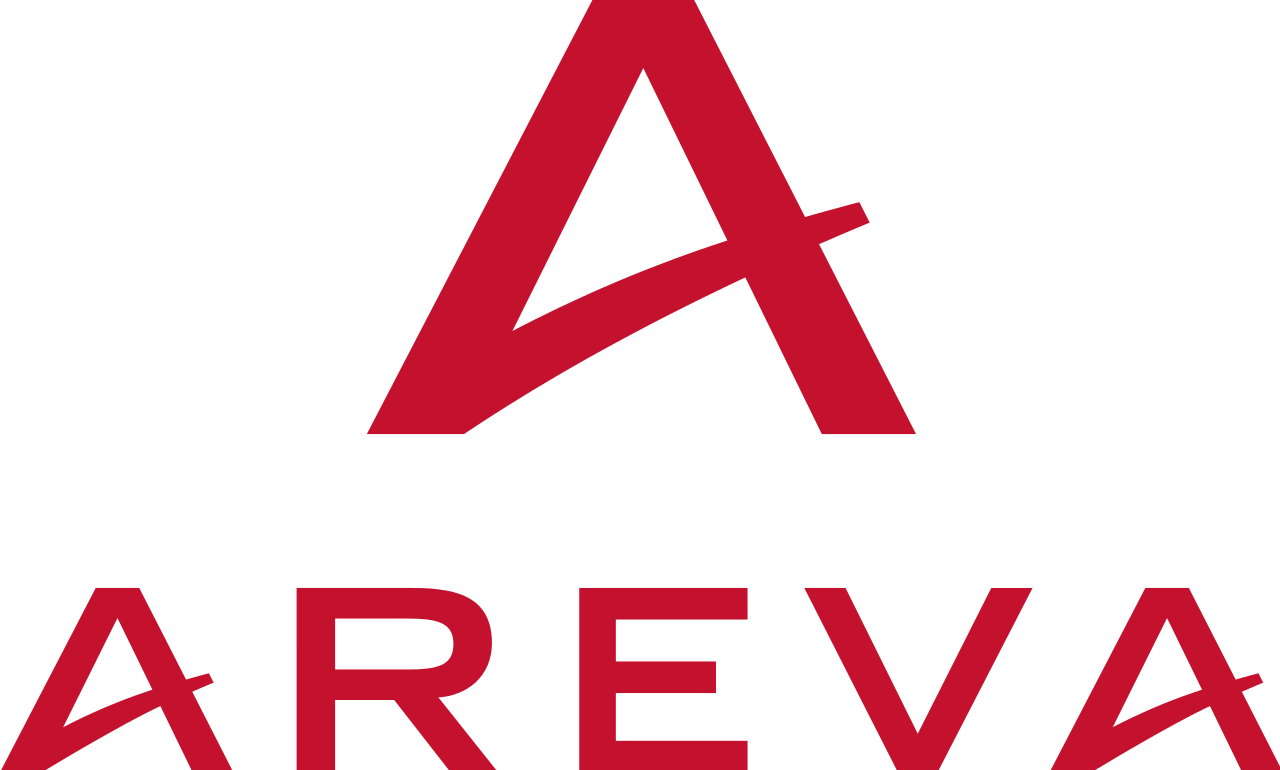Following the broadcast of an unbalanced and misleading France 2 report on the MFFF recycling plant in the United States, we would like to provide the following additional information.
In 2000, the United States and Russia signed a disarmament agreement requiring them both to reduce their stockpiles of military plutonium by 34 metric tons. Following studies and tests carried out in France on a sample, the United States chose to recycle the military plutonium in the form of MOX fuel, which has 2 advantages: that of recycling the military material to produce electricity, and that of rendering this material militarily useless.
AREVA was chosen to contribute the necessary technology to the project thanks to the know-how it has built up in the field through its work at the La Hague and Melox plants.
The decision to design and build a plant was therefore taken by the US authorities in 2006 and entrusted to a consortium in which AREVA is a minority stakeholder (30%). The project manager is the American group CB&I (with a 70% stake in the consortium), in charge of procurement, design and construction of the buildings, with AREVA bringing the process technology to the table.
Regarding the budget, four years ago the US Department of Energy (DOE) decided to allocate a reduced annual budget, so this is reviewed and revisited each year. As a result, the consortium does not have an overall budget and clearly the timing of the project, and hence its advancement, are strongly conditioned by the decision. As a minority partner of the consortium, we implement the decisions of the Department of Energy. This contract is subject to scrutiny within the group and expenditure is closely monitored.
Nevertheless, at the beginning of 2017, progress on the project had reached more than 70%, with engineering notably at 100%, building construction work at over 90% (93% of the concreting complete). 72 of the 73 tanks to be devoted to storage of the material are installed, and 212 of the 325 glove boxes have been delivered and 150 are already installed. The tasks remaining to be carried out consist in completing construction and equipment installation, connecting up the entire industrial process and conducting tests. It should be noted that the process glove box systems have already been tested.
Concerning the US authorities' support for this project, it is important to note that Congress has in the last 4 years systematically validated the budget allocated to the project by the Department of Energy, and therefore supports its continuation. At the end of 2016, both parties - Democrats and Republicans alike - voted this budget.
We regret that the report by France 2 completely overlooked this information which would have enabled a truer picture of the project to be given. Although we are a minority partner in the consortium, AREVA remains fully committed to the continuation of the project and wishes to restate its pride in having its technology chosen to play a role in nuclear disarmament.
